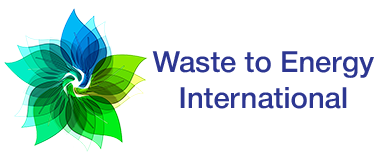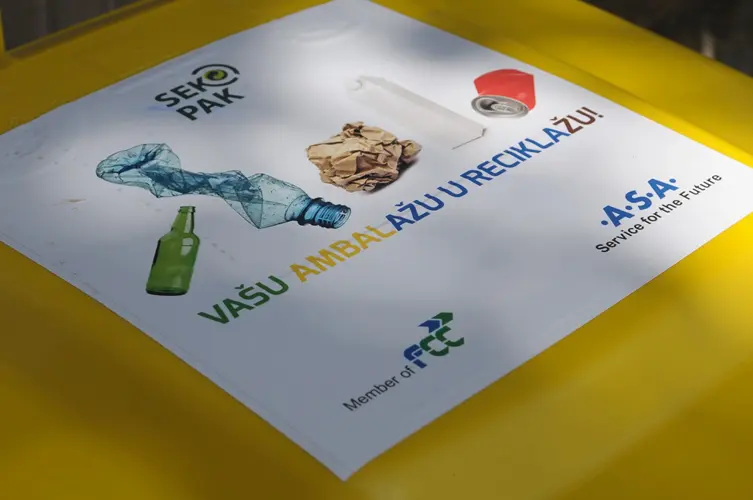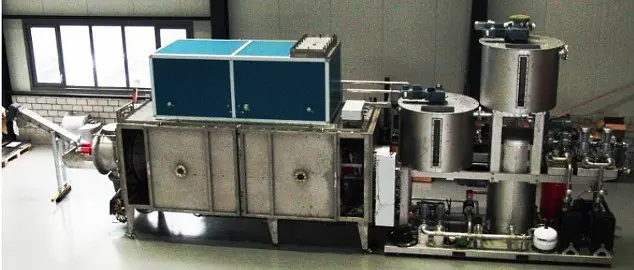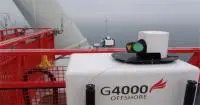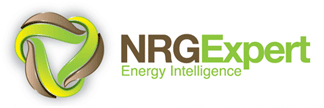Minneapolis, MN (PRWEB) February 10, 2010
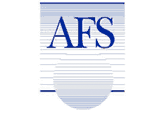 The American Filtration and Separations Society (AFS) is offering Water Filtration and Liquid Separation Training on March 22nd in San Antonio, Texas, USA.
The American Filtration and Separations Society (AFS) is offering Water Filtration and Liquid Separation Training on March 22nd in San Antonio, Texas, USA.
AFS is holding its 23rd Annual Conference, March 22-25, 2010 at the Grand Hyatt San Antonio in San Antonio, Texas. There will be eleven courses held on March 22nd. Six of these courses are on the topics of water filtration, liquid filtration and separation, and liquid filter testing.
In the “Basic Liquid Filtration & Separation” course, attendees will learn the overall spectrum of solid/liquid separation. They will gain the basic understanding of the principles behind liquid filtration so they can determine what type of filter will meet their requirements. There is an overview of the various competing technologies.
This course will cover; Particles and Fluid Properties; Principles of Liquid Filtration; Liquid Filtration Equipment; Liquid Filtration Media; Filter Aids; and Liquid Filter Performance, Testing and Standards.
The “Basic Liquid Filtration & Separation” course is a full day 8 hour course.
Two complementary courses are “Microfiltration Membranes” and “Ultrafiltration Membranes”. These are each half day courses, with one being offered in the morning on March 22nd and the other is held in the afternoon.
Are you an Engineer or Chemist working in the Pharmaceutical, Microelectronic, Food and Beverage, Water and Waste Water, Chemical, Laboratory, or Medical Markets?
In these two half-day courses, attendees will gather new insights into the various types of microporous membranes including: Strengths and Weaknesses, Performance Characteristics, Integrity Testing, Retention Efficiency, Ratings and Comparisons.
They will learn to differentiate between microporous, ultrafiltration, nanofiltration, and reverse osmosis membranes. These courses provide an in-depth study of the microfiltration and ultrafiltration membranes typically used in the Pharmaceutical, Microelectronic, Food and Beverage, Water and Waste Water, Chemical, Laboratory, and Medical Markets.
“Dewatering in Wastewater Treatment” is a half day course in the morning of March 22nd. Wastewater Treatment (WWT) is a universal technology used at almost all industrial and municipal plants. As a consequence, many plant engineers devote considerable effort to understand and operate wastewater treatment plants without much training (except for the environmental engineering graduates).
This half day course is intended to educate plant engineers on some of the treatment technologies employed, some of the pretreatment techniques used, and the sludge dewatering options (particularly centrifuges, belt filter presses and filter presses.) Sludge testing methods will also be discussed along with demonstrations of turbidity and capillary suction time (CST) methods.
“Reverse Osmosis” is another half day course in the morning of March 22nd. This four hour seminar will include an in-depth educational presentation of pressure-driven crossflow reverse osmosis (RO) membrane technology. It will address the parameters that affect RO system design. Following will be a workshop on the design of commercial and industrial RO systems. Attendees will work collaboratively in small groups to solve design problems, covering applications ranging from drinking water treatment to seawater desalination to wastewater reuse.
This workshop will increase the understanding of this important technology and provide skills to enable the water treatment professional to utilize this knowledge in virtually any application in water and wastewater treatment.
Attendees should have a basic understanding of the fundamentals of membrane technology, and should bring along a calculator.
“Liquid Filtration Testing Basics” is a half day course in the afternoon on March 22nd. The Liquid Filtration Testing Basics Short Course is an introductory course on liquid filtration testing, testing methods and the standard equipment and instruments used. The course will cover filter test techniques and standards for water, fuel, lube oil, hydraulic fluids, and other industrial liquids. In addition particle characteristics and efficiency methods and ratings will be reviewed.
Attendees will leave with a broad view and better understanding of the principles and methods available to pre qualify and optimize liquid filtration selection.
Who should attend: Filtration Design Engineers, Filtration Product Managers, Filtration Users, Liquid Process Managers, Solid Liquid Separation Researchers, New Product Development Managers, Filter Media Developers, Laboratory Researchers, Laboratory Managers.
All attendees of the short courses receive certificates and are awarded CEU credit.
There are a total of eleven courses with the other five courses related to air and gas filtration and separation.
A listing of all the filtration and separation training courses. (March 22, 2010)
An overview of the American Filtration and Separation Conference (March 22-25, 2010)
AFS is the premier organization in North America dedicated to R&D, problem solutions and technology transfer in filtration and separation for the benefit of industrial processes, individual health and a clean environment.
The AFS conferences and events bring together the industry leaders, presenting the greatest opportunity to meet and hear the newest information in filtration and separation technology.
Over the past two years over 300 organizations have sent representatives to AFS events. These companies understand the value of employees with knowledge of the latest information in filtration and separation technology.
Information on the American Filtration and Separations Society
Contact Information:
Suzanne Sower
American Filtration and Separations Society
7608 Emerson Ave S.
Richfield, MN 55423
Phone: 612-861-1277
Fax: 612-861-7959
###
![]() ©Copyright 1997-
©Copyright 1997-
, Vocus PRW Holdings, LLC.
Vocus, PRWeb, and Publicity Wire are trademarks or registered trademarks of Vocus, Inc. or Vocus PRW Holdings, LLC.
